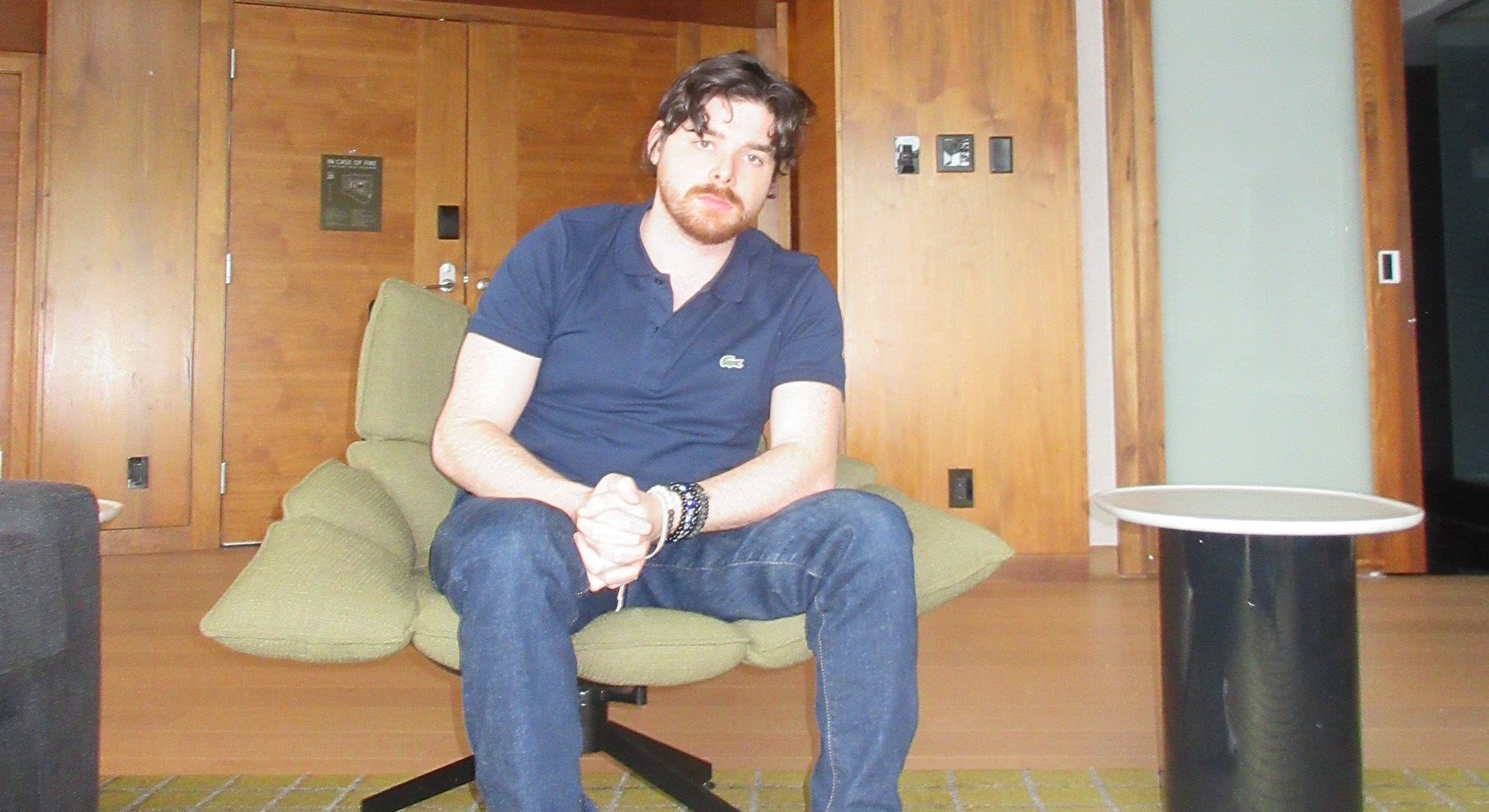

Masculinity is hot right now. And not hot in the desirable sense, but in the public outcry – let‘s write one million thinkpieces about the impacts of pornography, video games, and TikTok on the psyche of young boys – sense.
With the rise of the “manosphere” and the ballooned profiles of its influencers, such as Jordan Peterson and self-proclaimed misogynist Andrew Tate, it can seem as if Gen Z and Gen Alpha boys are facing uniquely modern pressures that are leading them towards anti-feminist, anti-women ideals. Netflix’s UK smash hit Adolescence, which follows the aftermath of a schoolboy who murdered a girl after being deemed an incel, has likely been 2025’s biggest television moment, so much so that Prime Minister Keir Starmer backed the series being shown in schools to “help students better understand the impact of misogyny [and the] dangers of online radicalisation”.
And there is some truth to that. But Canadian author Alex Kazemi’s novel New Millenium Boyz, which was published in the UK for the first time last month, makes for an important revision in the collective memory. Set in 1999 in affluent, suburban America, it follows a group of teenage boys – Brad Sela, Lu and Shane – who set forth down a tragic spiral of cruelty and one-upmanship, in a disquieting reminder that toxicity in teenage boyhood is by no means a new phenomenon.
Their language is casually horrendous – enough to make seasoned queerphobes and xenophobes in the present wince – while their attitudes towards women are arguably worse. Set within the Columbine, MTV monoculture, fin-de-siècle context, though, even though it is shocking, there are relatable reminders of the culture of the time, which has been pushed deep into amygdalae as the Y2K era culture goes through a nostalgia-tinged renaissance. With Kazemi having dedicated his waking hours trawling old messageboards, libraries and internet archives, it’s historical fiction at its most guttural and unnerving. We caught up with him to find out more.
You were born in 1994, right? So you would have been six years old at the turn of the millennium. What made you want to explore the lives of boys a decade older than yourself?
First off, I was very fascinated by the [current] culture’s fixation on the Y2K era. It’s like the most referenced and ruminated time space, and it’s very glamourised. Like in the Charli xcx and Troye Sivan song ‘1999’, [the lyrics are]: “I just wanna go back.” And then I was seeing the rise of Andrew Tate and this discussion around masculinity, and I was like: “Okay, let’s maybe look at the root source of what it was like when I was a child, how the world was, and how did that affect boys born in ’94, ’95.” I saw that I grew up in a hyper-accelerated version of this corrosive, poisonous kind of white masculinity, which is now romanticised and fetishised.
I was trying it as an exploration project, but it started when I was 18 during the Tumblr era, when I had a viral manuscript. It was a 10-year adventure, and when the pandemic happened, I was forced to go through all my notes and fragments. With the Red Scare blowing up and the apathy that we were seeing in the political discourse of people in the arts and fashion world, it was a perfect storm for the book to finally be released.
Have you heard of Adolescence? It was a massive thing here in the UK, so much so that the prime minister said that he supported it being shown in schools.
Yes, and I felt very vindicated when I saw it. It was exactly the torch I wanted to see to start these discourses and conversations. The 2000s were full of media dissecting the lives of teenage girls – 13, Mean Girls, etc. – but we never looked at how cruel and bitchy young men are.
The boys in your book egg each other on a lot, and do things they might not otherwise.
Because they are also children, right? Teenage boys are children and they’re learning how to manage their emotions and feelings, and I, from my own experience of being a teenage boy, remember watching my friends crumble and break down. I don’t know if there was abuse in the household, or just whether at points being 16, 17 was just so emotionally apocalyptic, but I remember being like: “Well, why is this not in movies we watch? Why do we not have a mirror of how we actually are?” So I felt like when I was writing the book I wanted, to make sure that we showed the moments of walking home from school, hearts to hearts – it’s kind of like reality TV but also stylised and satirical.







